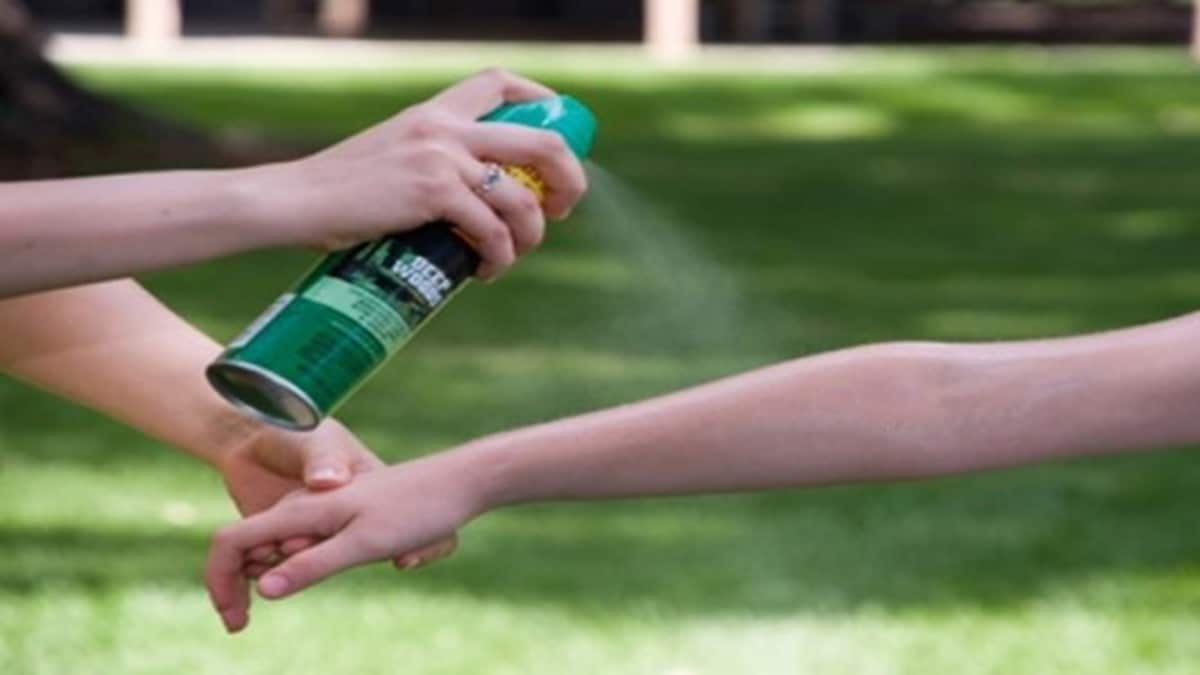Prevention tips
When hiking, camping, or working outdoors:
When mowing or landscaping:
- Don't mow over sick or dead animals. When possible, check the area for carcasses prior to mowing.
- Use of masks during mowing and other landscaping activities may reduce your risk of inhaling the bacteria, but this has not been studied.
If you hunt, trap, or skin animals:
- Use gloves when handling animals, especially rabbits, muskrats, prairie dogs, and other rodents.
- Cook game meat thoroughly before eating.
Vaccine
Until recently, a vaccine has been available to protect laboratorians routinely working with Francisella tularensis. This vaccine is currently under review by the US Food and Drug Administration (FDA) and is not generally available in the United States.

